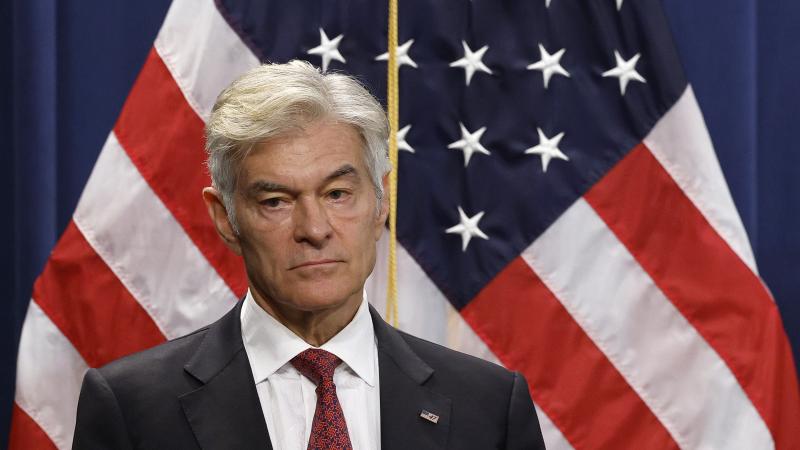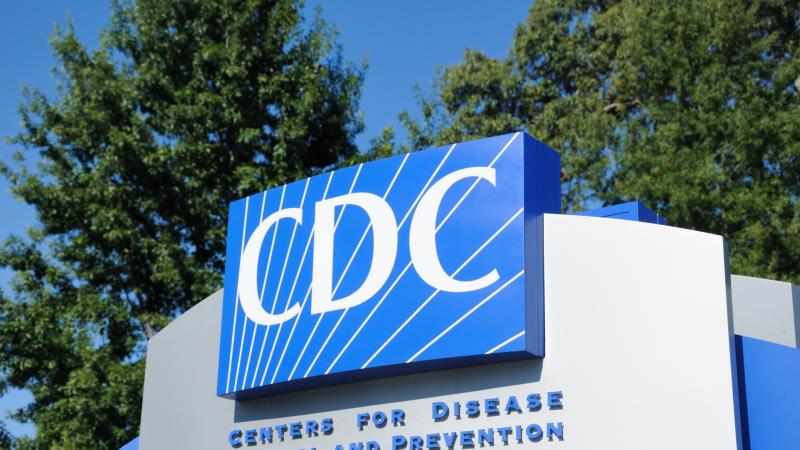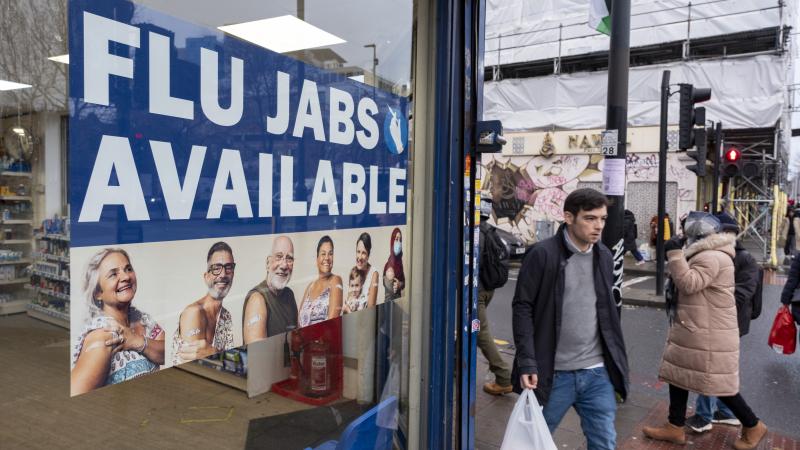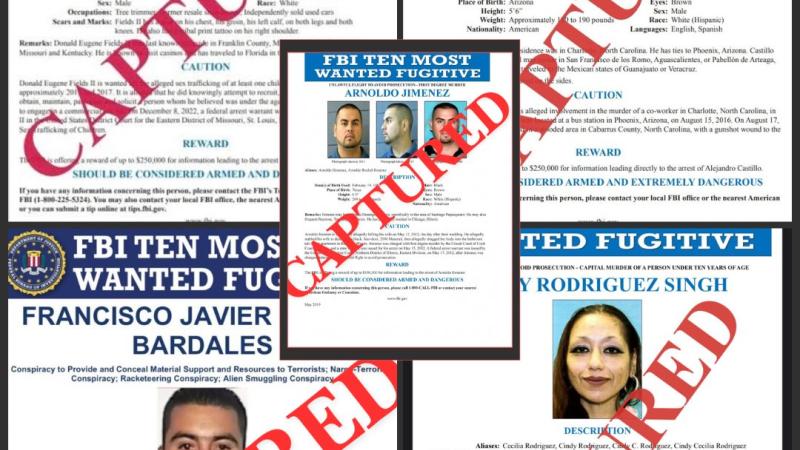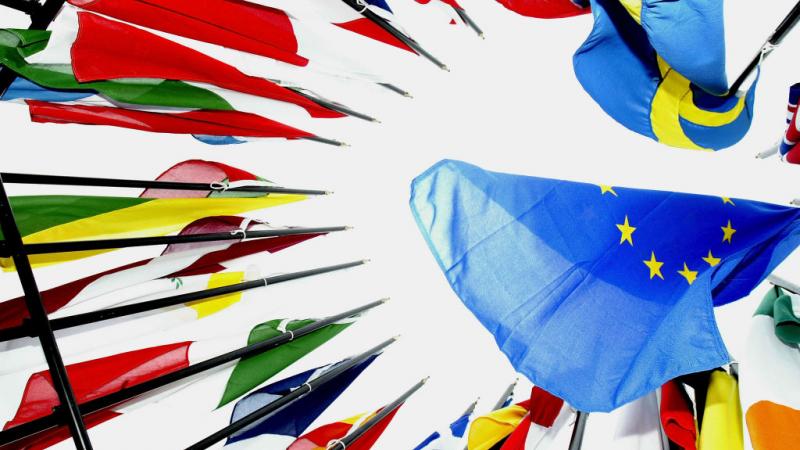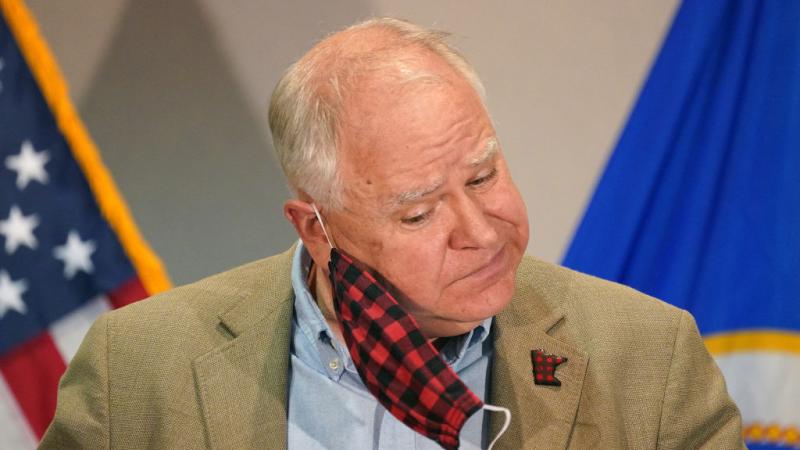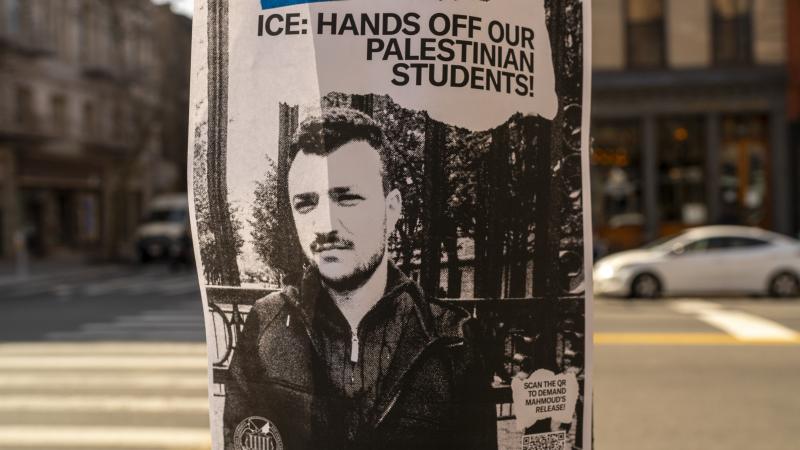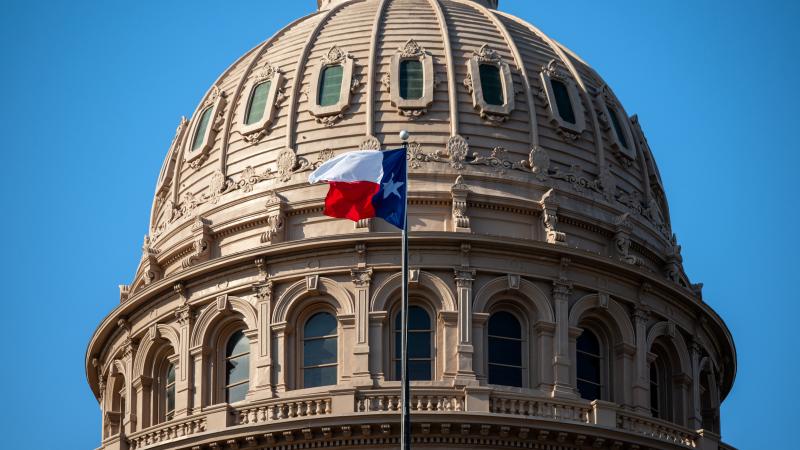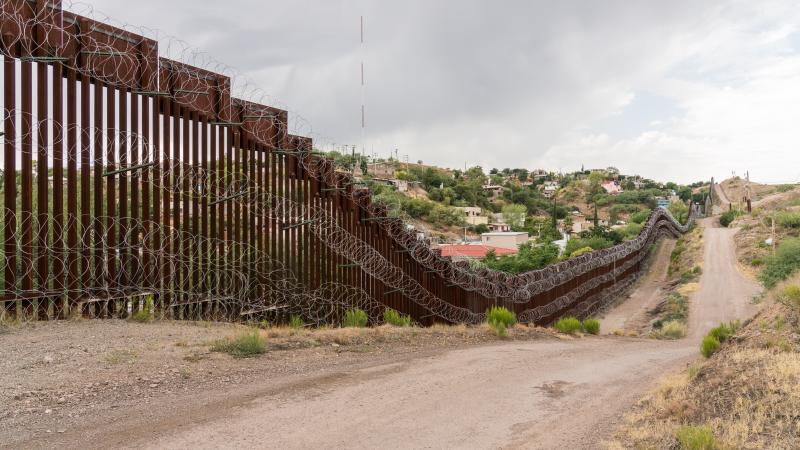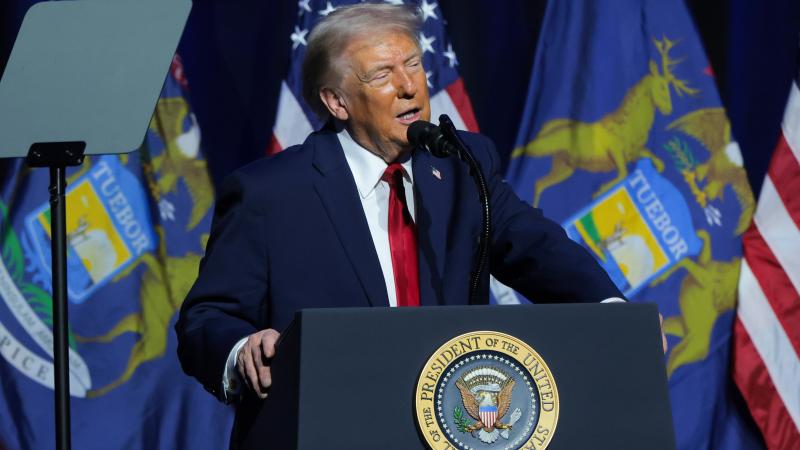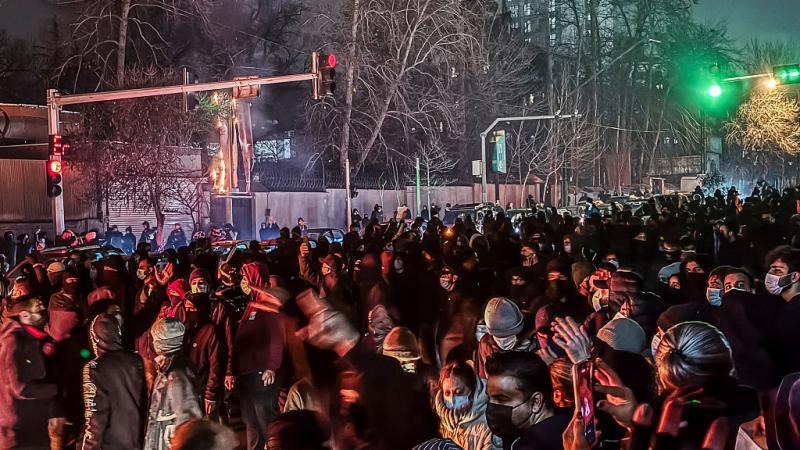Travelers may need a COVID vaccine passport to travel in 2021
Credentials could also be required to enter concert venues, stadiums, movie theaters, offices.
Travelers may need to show proof that they have taken the COVID-19 vaccine in order to travel in 2021.
"Several companies and technology groups have begun developing smartphone apps or systems for individuals to upload details of their COVID-19 tests and vaccinations, creating digital credentials that could be shown in order to enter concert venues, stadiums, movie theaters, offices, or even countries," CBS-Miami reported.
"The Common Trust Network, an initiative by Geneva-based nonprofit The Commons Project and the World Economic Forum, has partnered with several airlines including Cathay Pacific, JetBlue, Lufthansa, Swiss Airlines, United Airlines and Virgin Atlantic, as well as hundreds of health systems across the United States and the government of Aruba," the station reported.
Thomas Crampton, chief marketing and communications officer for The Commons Project, told CNN Business that a simple and easily transferable set of credentials, or a "digital yellow card," could be the answer.
Last week, a former director of the Centers for Disease Control and Prevention (CDC) said "immunity passports" for Americans to prove they have taken the COVID-19 vaccine might help the country get "back to a new normal."
Dr. Thomas Frieden told CBS that "done right, immunity passports could be one of a series of things that could help us get to a new normal as soon as possible."
"We don’t know if this is going to happen, but fundamentally we're seeing companies and countries giving people a certificate of vaccination," he said. "The risk of this is it will make inequality even worse. If people have both susceptibility to the virus and less access to the vaccine, they’ll have even more problems."
Frieden, who served as director of the CDC from 2009 to 2017, said for the passports to work, there would need to be "absolute privacy," adding that the vaccine should be "absolutely opt in."
"Fundamentally, we're facing a very difficult few weeks and few months. There's not enough vaccine yet and we’re seeing the highest levels of cases, hospitalizations and deaths the U.S. has since the start of this pandemic," he said.
In an op-ed published this week in The Washington Post, Frieden and co-author Aaron Schwid, a human rights lawyer, wrote: "As more and more people are vaccinated, it's time to carefully design a system of 'immunity passports.'"
"These passports would serve as a form of proof of immunity, allowing people who have immunity to engage in some activities others cannot. That could make it possible to ratchet down protective measures, such as stay-at-home orders and business closures, without increasing health risks," they wrote.
If enacted, businesses and other sites like sports arenas and music venues "could finally reopen."
"Visitors could return more freely to nursing homes and prisons. International travel could increase. As universal vaccination becomes available, passports will help everyone, not just the lucky few, move from fear to freedom," they wrote.
Last month, a top travel industry association said it was in the final stages of developing a digital passport for international travelers so they can prove they've been vaccinated for COVID-19.
The International Air Transport Association said that the passport could be key to saving the tourism industry.
"Testing is the first key to enable international travel without quarantine measures," association CEO Alexandre de Juniac said in a statement obtained by The Hill. "The second key is the global information infrastructure needed to securely manage, share and verify test data matched with traveler identities in compliance with border control requirements."
For travelers who receive the vaccine – when one becomes available – proof will be linked to their official passports. While no country now requires such proof, industry experts say that's likely coming.
Airlines for America, a trade association that represents major carriers, also has not declared that flyers will need proof of a vaccine before flying, saying U.S. airlines are "committed to restoring service in a manner that prioritizes the safety and wellbeing of our passengers and employees."
But CEO Alan Joyce of Qantas Airlines, an Australian carrier, said this month that proof will become standard practice around the world.
"We are looking at changing our terms and conditions to say for international travelers that we will ask people to have a vaccination before they can get on the aircraft," Joyce told The New York Times.
The Australian government has said that coronavirus vaccines will be "as mandatory as you can possibly make it."
